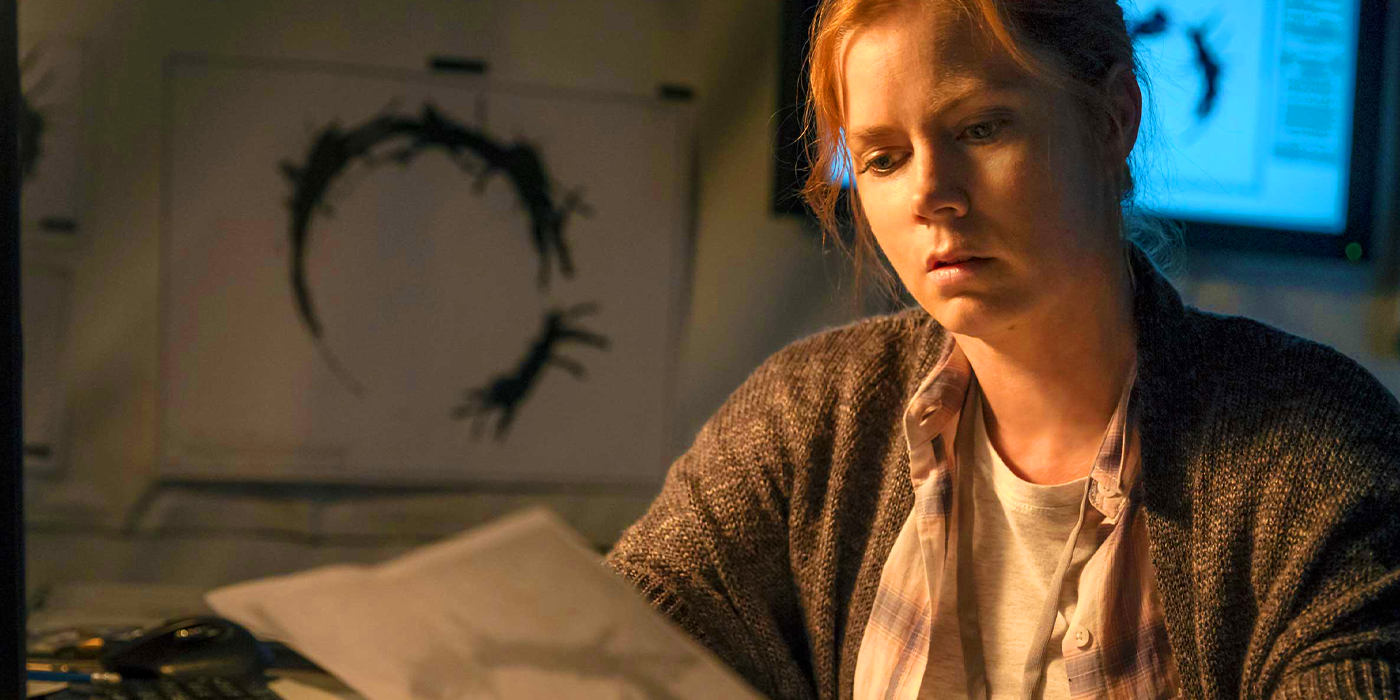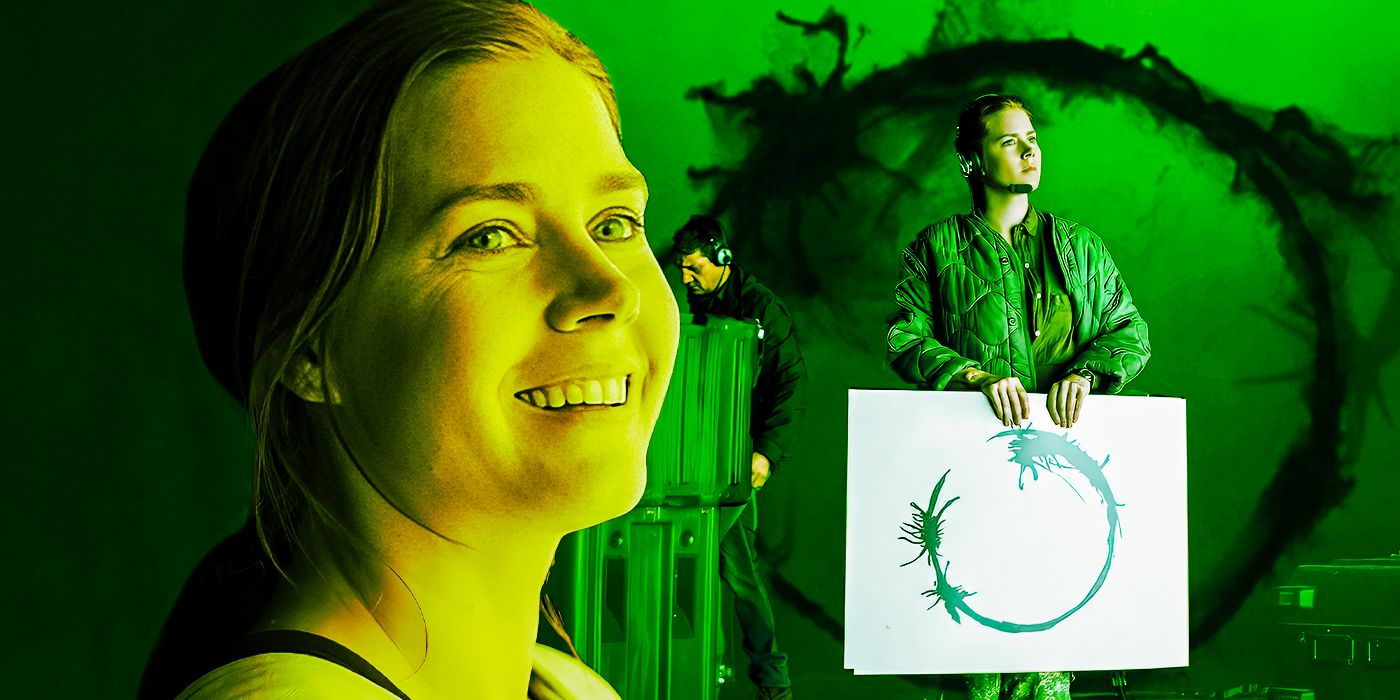
How Christopher Nolan Changed the Ending of Denis Villeneuve's Sci-Fi Film

The story of how Christopher Nolan influenced the ending of a Denis Villeneuve sci-fi movie and how this change ultimately made the film even better.
The Impact of Christopher Nolan's Influence
Because of Christopher Nolan, the ending of a Denis Villeneuve sci-fi movie had to be changed. However, this ending change actually benefited the film and made it even better. Despite all the changes in its original script, the Villeneuve movie went on to earn $203 million at the global box office against a budget of $47 million. Although the film is not as mainstream as Nolan's sci-fi flicks, it often gets ranked among the most innovative and narratively complex science-fiction movies ever.
Amy Adams as Louise Banks in Arrival
The Brilliance of Arrival's Original Ending
In Arrival's theatrical ending, Amy Adams' Louise Banks publishes a book, The Universal Language, which serves as a guide to learning the unique language of the Heptapods. Before the movie's credits start rolling, it presents a sequence of intertwined scenes from Banks' timeline, highlighting how she perceives time as a loop instead of a line after learning the alien language. She sees how her past, present, and future are inextricably interconnected and how her future tragedies, including her daughter's demise and separation from Donnelly, are inevitable. The movie's ending also keeps the Heptapods' motives shrouded in mystery and only reveals that they taught humans their language because they would need their help after 3000 years.
Arrival - Amy Adams - Heptapod language symbol
Although the movie's ending is brilliant, its original script had a significantly different conclusion. As screenwriter Eric Heisserer revealed in an interview (via Collider), the Heptapods left humans with 'the blueprints to an interstellar ship' in the original ending of Denis Villeneuve's sci-fi film. Unlike the ending that made it to the movie's final cut, the original one provided a more affirmative explanation for what the Heptapods wanted. It showed how the aliens left humans with 'an ark of sorts,' foreshadowing an imminent disaster that would threaten humanity. This ending, however, had to be changed because of a Christopher Nolan movie.
Amy Adams and Jeremy Renner looking into the distance in Arrival
How Arrival's Ending Change Made The Movie Even Better
Arrival immensely benefited from its ending change. Considering how the endings of both Interstellar and Arrival present a temporal paradox, where time becomes a loop, they are arguably quite similar even after Arrival's changed conclusion. At their core, both movies are also about love transcending humanity's perceived limitations of dimensions. However, what makes Arrival's ending memorable is not the grandeur with which it presents these ideas, but the lack thereof. While Interstellar is marked by its epic scale and scintillating visuals of space and time, Arrival is more subtle with its depiction of how the perception of time bends one's reality.
Amy Adams and Jeremy Renner in Arrival
Since both films adopt unique storylines and have their respective merits, it would be unfair to compare them. However, Arrival's ending change made it even better because, unlike Interstellar, its emphasis was never on outer space travel but on the profound impact of language and communication. By sticking to that theme even in its ending moments, Arrival closes on a bittersweet note, perfectly capturing the paradoxical nature of human existence and the passage of time.
Amy Adams interacting with Heptapods in Arrival


















